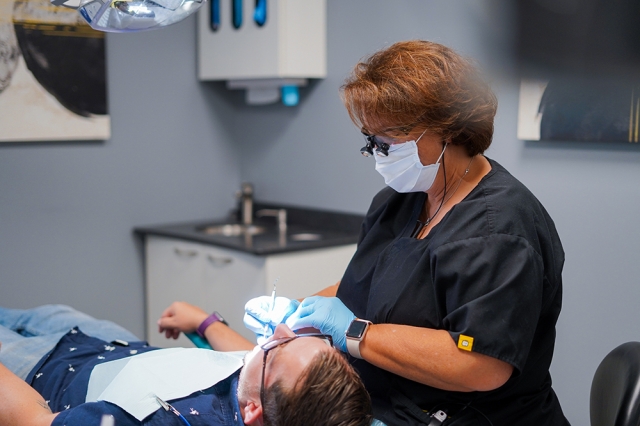What is a Root Canal?
Root canals little rock ar is a dental procedure used to save a tooth that has significant decay, injury, or infection.
What makes a root canal necessary?
If the pulp of your teeth—which is made up of blood vessels and nerves—becomes infected or destroyed, you may require a root canal. The pulp is extracted, and the interior of your tooth is sealed and cleaned during the process of Root canals little rock ar.
Do root canals hurt?
Although many people claim that having a root canal is no more painful than getting a filling, you could think otherwise. Although the operation itself may not be difficult, the discomfort you may experience before receiving this type of dental care may be.
Dental pulp: What Is It?
The soft tissue, blood vessels, and connective tissue are found in the pulp, also known as the pulp chamber, which is located in the middle of the tooth. The "root" or "legs" of the tooth contain the nerve. From the tooth's root tip into the pulp chamber, the root canals proceed. After a tooth emerges through the gums, the nerve of the tooth is not crucial to its health or function. Its sole sensory purpose is to give off the impression of heat or cold. The regular operation of the tooth is unaffected by the existence or absence of a nerve. The tooth is less viable and more prone to shatter after treatment, though.
What Indicates a Need for a Root Canal?
Signs that a root canal is necessary include:
- excruciating toothache when eating or applying pressure
- extended pain or sensitivity to heat or cold (after the stimulus has been eliminated)
- tooth discoloration, or darkening
- Tenderness and swelling in the surrounding gums
- a recurrent or chronic zit on your gums
You can need a Root canals little rock ar even if you don't exhibit any of these signs.
How much time does recovery from a root canal take?
If you don't have any difficulties or an infection, you should recover in about a day. Your tooth may feel sensitive in the initial days because of normal tissue inflammation, particularly if there was discomfort or an infection before the treatment. This sensitivity or discomfort normally can be addressed with over-the-counter pain drugs such as ibuprofen (Advil, Motrin) or naproxen (Aleve). The following day, you should be able to resume your regular activities.






